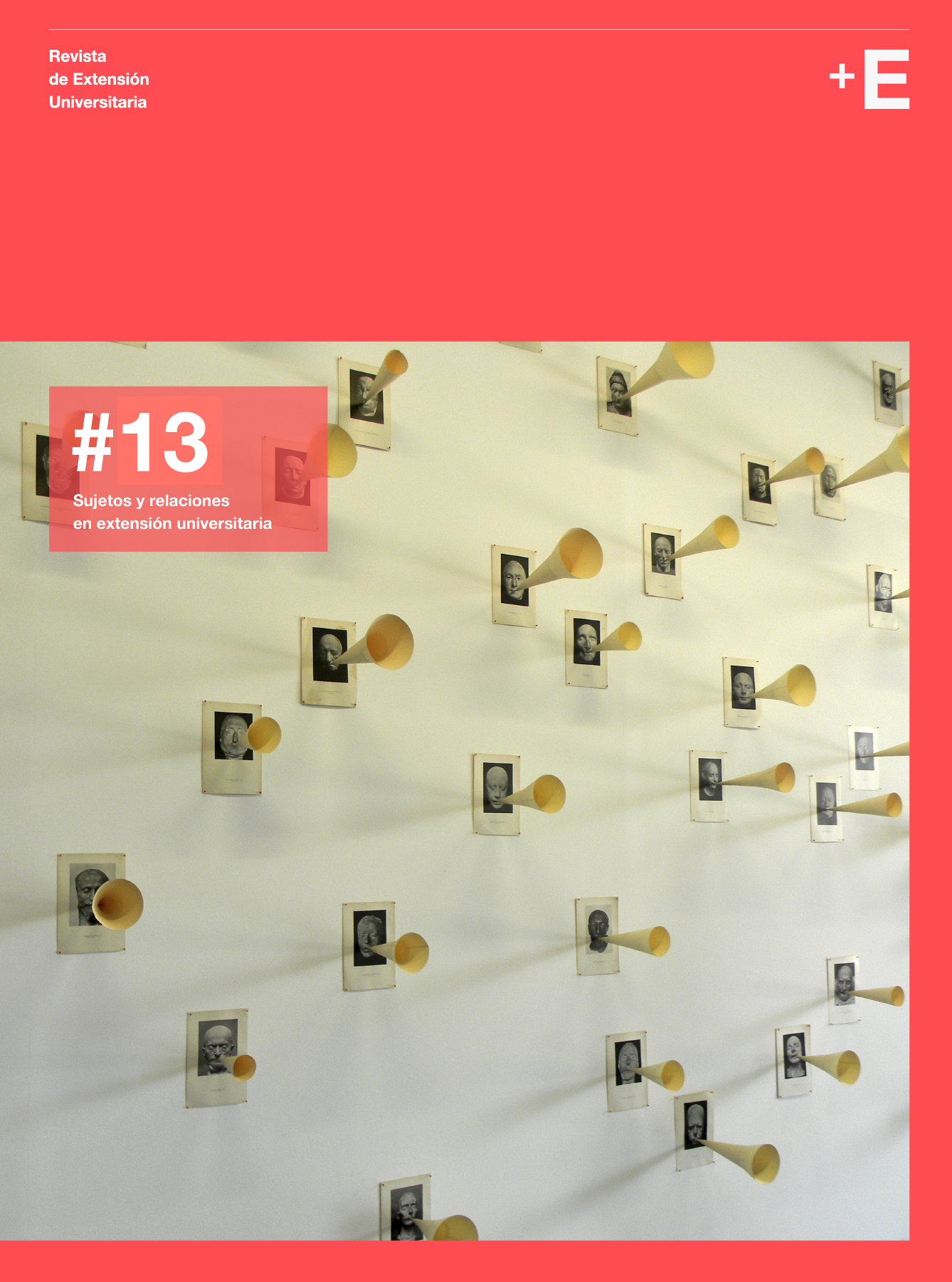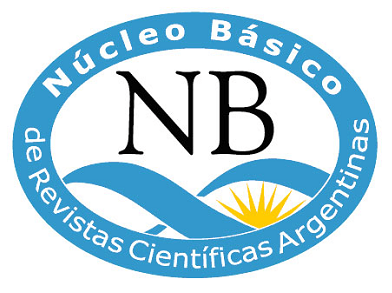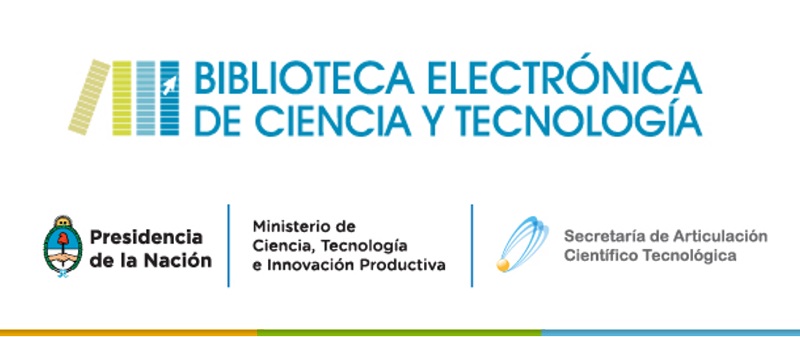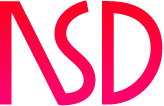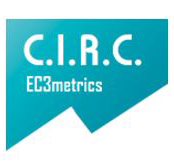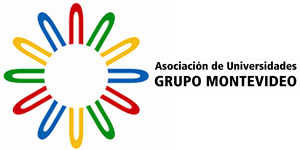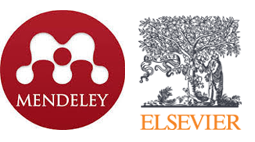Critical contributions to the teaching and learning processes: student experiences in an extension project on responsible fishing in Costa Rica
DOI:
https://doi.org/10.14409/extension.2020.13.Jul-Dic.e0018Keywords:
university extension, systematization of experiences, teaching and learningAbstract
This article exposes the systematization of the perceptions of the students of the Economic and Social Planning career linked to the project of Extension "Community Management for the productive strengthening of the Marine Areas of Responsible Fishing of Golfo de Nicoya", it is tried to know the form in which the curricularization of the university extension offers contributions in the transformation of the processes of teaching and learning from the critical reconstruction of the experiences of the student body. Methodologically, the work is based on the discovery and subjective/ intersubjective interpretation of reality, which implies a dialectical–materialistic approach. We used as instruments the conversational interview and the realization of participative workshops. From the application of the instruments, four analytical categories were constructed, which allowed demonstrating that the students, by means of the social participative accompaniment to local groups, have deconstructions on traditional learning and that from their experience they construct new forms when establishing spaces of dialogue and horizontal relations with the people of the communities, strengthening their professional training.
References
Andrade, L.; Bedacarratx, V. (2013). La construcción del objeto de estudio en la obra de Hugo Zemelman. Apuntes introductorios revista de la Facultad de Humanidades, (38), 15–34. https://www.dialnet.unirioja.es/servlet/articulo?codigo=4984466
Barnechea, M.; Morgan, M. (2010). La sistematización de experiencias: producción de conocimientos desde y para la práctica. Tendencias. Retos, (15), 97–107. www.ts.ucr.ac.cr › tendencias › rev-co-tendencias-15-07
FAO (2001a). Informe de la Conferencia de Reykjavik sobre la Pesca Responsable en el Ecosistema Marino. Reykjavik.
FAO (2001b). Informe de Pesca. Nº 658. Roma. http://www.fao.org/3/y2198t/y2198t03.htm
Gómez, P.; Monge, J. (2008). La biodiversidad marina en el Golfo de Nicoya, Costa Rica. Posgrado y Sociedad, 8(2), 1–19.
Jara, O. (2012). La sistematización de experiencias: práctica y teoría para otros mundos posibles. CEAAL– CEP Alforja.
Jara, O. (2017). La sistematización de experiencias: prácticas y teoría para otros mundos posibles. CINDE. www.cinde.org.co
Mella, O. (1998). Naturaleza y orientaciones teórico–metodológicas de la investigación cualitativa. www.researchgate.net
Ross Salazar, E. (2014). Artes, métodos e implementos de pesca. Fundación Mar Viva. www.marviva.net/Publicaciones/guia.pdf
